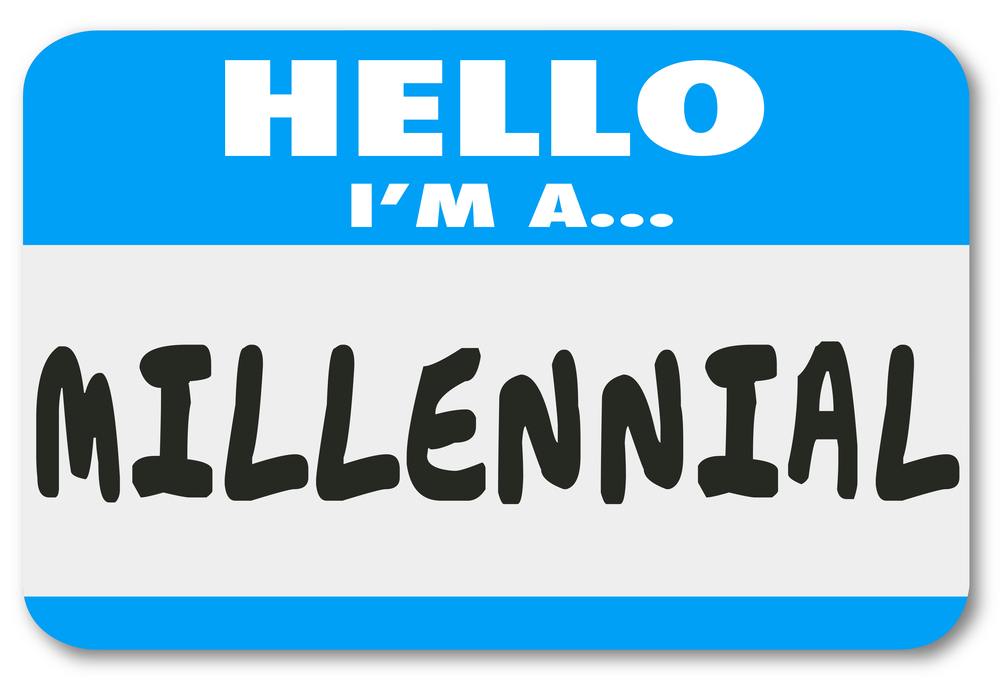
By Brooks Wallace
Working in the communications, PR and marketing recruiting world for more than 15 years puts Chaloner Associates President, Amy Segelin (@amysegelin), in a unique position to observe generational differences among talent groups. The generation on everyone’s mind these days is millennials – trying to find them, retain them and figure out what makes them tick. But what it boils down to, says Segelin, is how each group was raised and what technology each had at its disposal. Millennials are very level-headed, smart and tech-savvy. It’s no secret that millennials have grown up with more access to technology than any generation before them, and that tech savviness has shaped their tastes, priorities and intelligence.
We caught up with Amy to ask her 5 things to know about recruiting millennials.
- First, company reputation is incredibly important to millennials. Again, this comes back to technology, because millennials can find ANYTHING online. One bad online review from a disgruntled employee can ruin the reputation a company has worked so hard to build. Employers have to be ready to answer tough questions.
- Culture culture culture. Take a look at millennial focused job markets — San Francisco, Austin, Portland, Brooklyn. They want food sharing, common gathering areas, a high level of in-person interaction, a coffee culture, rooftop gatherings, etc. There’s been a total shift in culture. They’re all about creating a community within the work culture.
- Millennials are a generation that understands you don’t have to burn the midnight oil to excel at your job. Time for extracurricular interests outside of work are important to them. They don’t believe they have to eat, breathe and sleep work. This is a nouveau work/life balance.
- It’s very important for millennials to feel a sense of giving back through their work. The mission of the organization is important to them; they prefer to feel they’re tied to a mission. This is something we talk about with millennial candidates all the time.
- They know their market value, so make sure you have a clear and honest conversation about compensation from the get-go. Don’t be surprised when they come back wanting more. Specific to PR, millennials who work in PR know how in-demand they are, especially the AAE, AE, AS level. We see them get counter-offers or entertain competing offers and take time to make their decision.
Amy joined Chaloner in 2001 as the company’s first-ever project manager, and was quickly promoted to recruiter. In 2004, she relocated to New York and established the company’s second location. Today, as president and owner, she oversees both offices, builds business and works on national searches in all industries. Amy graduated from St. Lawrence University, and before joining Chaloner, she worked for global retailer, Talbots. Actively involved with several charities, she often speaks at communications and recruitment industry events. Amy lives in Brooklyn with her husband and young children. Amy also helped establish PRSA Boston’s Ted Chaloner Learning Fund, which helps early and mid-level career chapter members access best practices learning opportunities in social impact communications and public relations.
About Fast 5
This is a feature of PRSA Boston’s Hot Topics blog page. The expert subject is someone who is clearly in demand, on the go, and nailing them down for a conversation is about as easy as … winning Powerball at $1.5 billion! But we know leaders like to share, so check back for insights, wisdom, author’s books about to hit the stands and other valuable tips. @prsaboston #prsabos
Do YOU have a candidate for a FAST 5 interview? Email: Joshua Milne at josh@joshuamilnepr.com and pitch your subject expert!
Disclaimer: The views and opinions expressed in this article are those of the author or the individual being interviewed and do not necessarily reflect the official policy or position of PRSA Boston, PRSA National, staff or board of directors of either organization.
